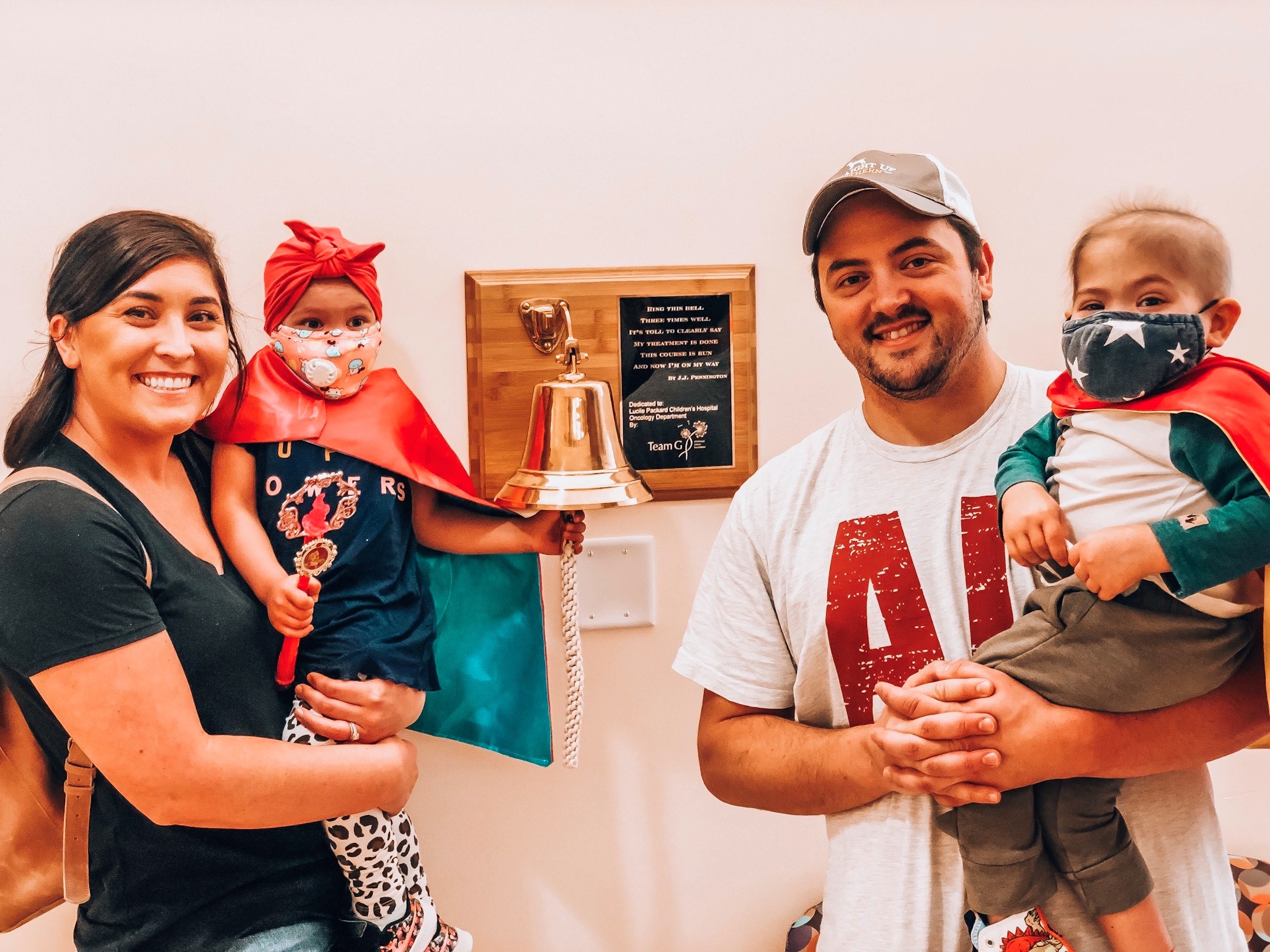
An innovative approach to kidney transplants helps children with immune diseases
Physicians at Stanford Medicine Children’s Health developed an innovative way to provide pediatric kidney transplants without immune-suppressing drugs. This two-transplant combination is called a dual immune/solid organ transplant (DISOT) and has been used to treat patients with rare immune diseases. This new transplant method ensures that recipients do not experience immune rejection of their transplanted organ, helping facilitate successful transplants for 8-year-old Kruz and his 7-year-old sister Paizlee. Both children were born with rare immune diseases and are among the first ever to receive DISOT. Kruz received transplants from their mother, Jessica, and Paizlee received transplants from their father, Kyle. Since the transplants, both children no longer have the immune disorder and are doing things they never thought to be possible. The siblings recently finished first grade, and they are enjoying swimming lessons and going camping with their parents!